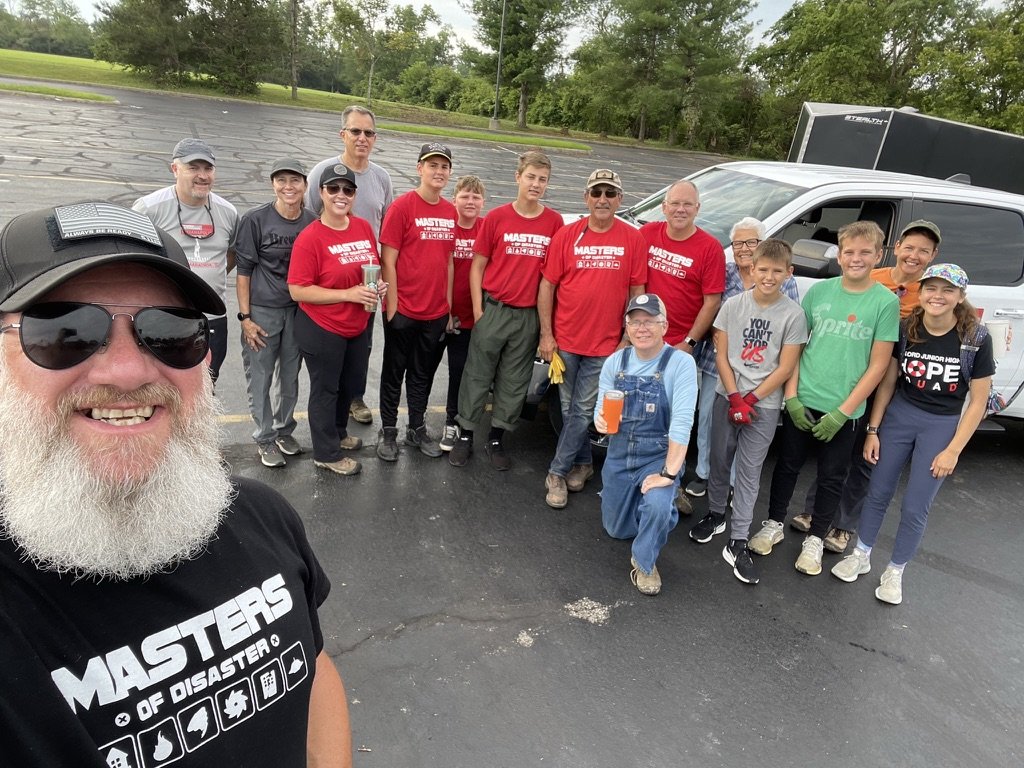In the parable of the Prodigal Son (Luke 15: 11-32) a father had 2 sons. One was a rule follower and the other was more of a rebel. The rebellious son had asked for his inheritance early, and when he received it, he fled from his father’s home to go “live it up” in a distant city.
After blowing through his inheritance, he finds himself with nothing left and decides to return home. Upon his return, his father is relieved to see him alive and to have him back….so much so that he throws a party to celebrate!
Now remember, a parable is not a true story. Parables are Jesus’ way of creating a human understanding of God's qualities and desires for us. In this parable, the father of the prodigal son is manifesting the role of God our Father - celebrating His children opening their eyes and turning to Him!
In episode # 291 of the Rock Solid Families Podcast, Merrill and Linda Hutchinson deep dive into the story of the prodigal son and reveal 6 characteristics of the father in the story that help us understand what it means to be a “Strong dad” today. Those 6 characteristics are outlined below:
Six Characteristics of a “Strong Dad”:
1. Unconditional Love: In the parable of the prodigal son, the father's love transcends his son's rebellion. He doesn't withhold affection as punishment. For Dads Today: Show your love consistently through your actions and words. Let your children know they are loved regardless of their choices. You don’t have to love their choices but work hard to love them through their choices. When you see a bad choice make sure to separate them from the choice in your judgment. For example, say “Your choice is ridiculous.” versus “You are ridiculous”.
2. Allow Freewill - The father of the prodigal son did not try to stop, redirect, or even threaten his son to change his mind. He allowed the son to make his own decision to leave. For Dads Today, obviously we are not recommending this for a young child. But as our children turn into young adults, we must strongly consider releasing them to their ways.
3. Patient Trust vs Aggressive Chase: The father in the parable waits patiently rather than running after his son. He trusts that there is going to be good that comes from all of this. He may have felt impatient and wanted God to deliver his son back to him faster, but this is not mentioned in the parable. For Dads Today: Practice patience. Growth takes time. Trust your children's ability to learn their own lessons and make amends.
4. Unending Desire for Restoration: The father in the parable never “writes him off”. He's constantly aware and watching for his return. For Dads Today: Be observant. Pay attention to your children's subtle cues, their joys and struggles. Be present in their lives.
5. Unconditional Forgiveness: The father of the prodigal son doesn't look at his son and say, “You need to apologize to me before I can forgive you.” He embraces his son the moment he sees him, demonstrating immense compassion. For Dads Today: Focus on reconciliation, not punishment. Let forgiveness be a bridge to rebuild the relationship and mutual respect.
6. Celebrate God’s Work: The father throws a feast, not out of obligation, but out of joy for his son's return. He gives freely, restoring his son's dignity. For Dads Today: Be generous with your love, time, and resources. Celebrate your children's victories, big and small.























